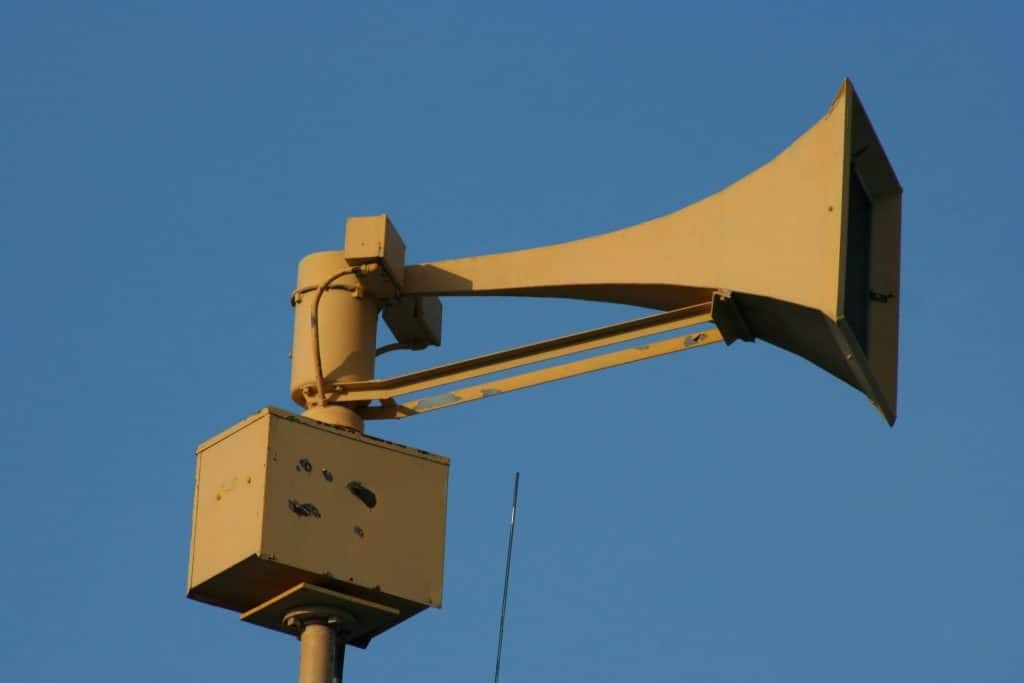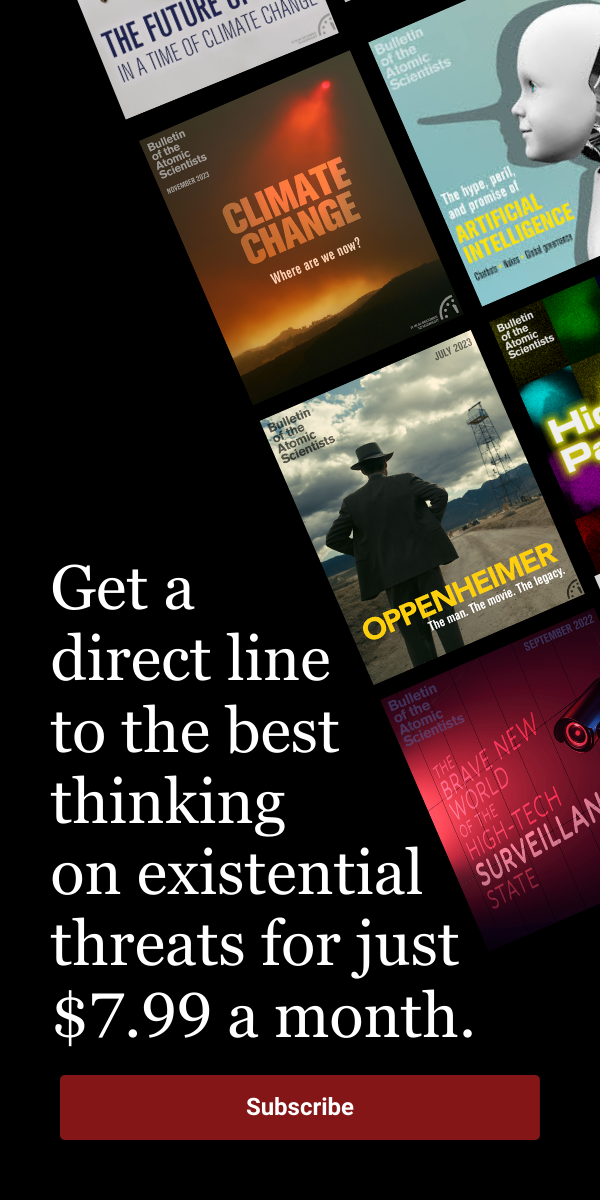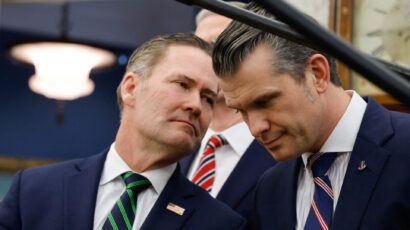A deafening climate alarm, if anyone’s listening
By Dawn Stover | October 8, 2018
 Credit: Ben Franske
Credit: Ben Franske
There have been many climate warnings issued in the past few decades, but the latest one is more like an air-raid siren than an alarm clock with an overworked snooze button: In a just-released special report, the UN Intergovernmental Panel on Climate Change (IPCC) warns that limiting global warming to 1.5 degrees Celsius above pre-industrial levels “would require rapid, far-reaching, and unprecedented changes in all aspects of society.”
In 2015, when the world’s nations reached the Paris Agreement to limit global average warming to “well below” 2 degrees Celsius, they also agreed to pursue efforts to limit the increase to 1.5 degrees, because the smaller increase would significantly reduce the dangers of climate change. The world has already warmed by about 1 degree since pre-industrial times, and the impacts—such as extreme weather and rising sea levels—have turned out to be worse than predicted.
The new report not only assesses what a 1.5-degree-warmer world would look like and how it compares with a 2-degree world (goodbye, coral reefs), but also assesses what it would take to hold warming to a maximum of 1.5 degrees. Written by 91 experts from 40 countries, it contains such bad news that the authors struggled with how to break it to the public. “Scientists might want to write in capital letters, ‘ACT NOW, IDIOTS,’ but they need to say that with facts and numbers,” Kaisa Kosonen of Greenpeace told the BBC News.
The world “stands on the brink of failure when it comes to holding global warming to moderate levels,” the Washington Post reports. To keep global warming to 1.5 degrees, the IPCC report says that human emissions of carbon dioxide must fall dramatically: by about 45 percent from 2010 levels by 2030, and to “net zero” around 2050. That would require a massive switch from fossil fuels to renewable energy sources, a price on carbon emissions, and technologies to remove carbon dioxide from Earth’s atmosphere—or what one climate expert refers to as “climate unicorns.”
The scale and pace of the changes required to safeguard humanity from the worst impacts of climate change are daunting, but there are some upsides: The changes would have benefits for human health and would be less expensive than coping with the impacts of a warmer climate. The report’s authors say that 1.5 degrees is still financially and technologically feasible, but that it’s up to governments and institutions to act. And quickly.
Gro Harlem Brundtland, the former prime minister of Norway, said the report “is not a wake-up call, it is a ticking time bomb. Climate activists have been calling for decades for leaders to show responsibility and take urgent action, but we have barely scratched the surface of what needs to be done.”
Publication Name: BBC News
To read what we're reading, click here
Together, we make the world safer.
The Bulletin elevates expert voices above the noise. But as an independent nonprofit organization, our operations depend on the support of readers like you. Help us continue to deliver quality journalism that holds leaders accountable. Your support of our work at any level is important. In return, we promise our coverage will be understandable, influential, vigilant, solution-oriented, and fair-minded. Together we can make a difference.
Keywords: 1.5 degrees, IPCC
Topics: Climate Change, What We’re Reading















